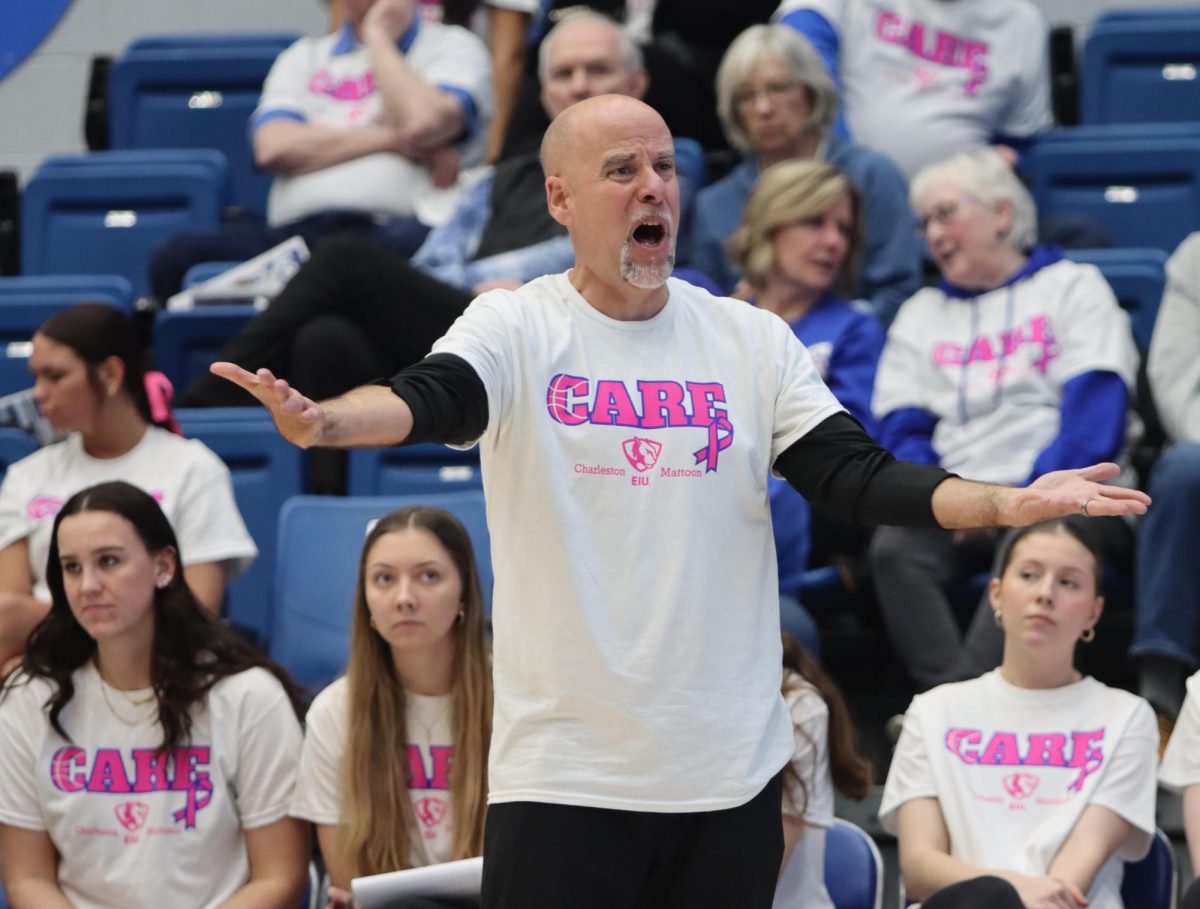‘The Newsroom’ pulls no punches
The season two finale of “Game of Thrones” was a sad day for me.
I had exhausted virtually every good television show Netflix could offer, and with “Breaking Bad” not resuming for almost two months and “Weeds” “jumping the shark” virtually three seasons ago, I found myself craving a new show to occupy the last free time of my summer.
So, when previews for “The Newsroom” started airing on HBO, I found myself intrigued—I’ve said it in past columns: a show about political journalism written by Aaron Sorkin seemed to define my standard of good television.
Now in its third episode, it no longer seems premature to review “The Newsroom,” and with that in mind, I offer only one piece of advice: if you’re not already watching this show, you should start.
Thus far, “The Newsroom” has been virtually flawless, spotlighting a plethora of issues integral to the state of our country.
In just its’ pilot episode, “The Newsroom” was already the subject of intense debate and scrutiny, opening with one concise and intriguing claim: “America is not the best country in the world.”
Though the show definitely leans to the liberal side—the most recent episode is filled with Tea Party attacks—it is unique in its ability to discuss social and political trends in a very modest and fair arena.
Centered on a fictional news network, Atlantis Cable News (ACN), “The Newsroom” pulls no punches.
If you’re familiar with Aaron Sorkin’s writing, this is to be expected—whether in “The West Wing,” “A Few Good Men” or “The Social Network,” Sorkin rarely changes his style to complement the demands of an audience.
Sorkin’s absolute dedication to his own style seems to define the show’s characters, and as Will McAvoy (Jeff Daniels) and his crew take on the monumental task of reporting true and unedited news, it almost feels like the show is based on Sorkin’s own ideals.
Unlike shows like “The Office” or “Parks and Recreation,” you won’t find yourself revisiting episodes of “The Newsroom”—it is slow at times, and offers little humor or lightheartedness.
However, “The Newsroom” is successful because of that approach.
Between coverage of the 2010 BP oil spill and fervor over Senate Bill 1070, Sorkin’s characters discuss news with an unprecedented truth, and though their ambitions are idealistic—almost quixotic—they successfully convey the true purpose of media: informing the public.
“The Newsroom” is not to be taken lightly. To truly appreciate the show, you must lend the full extent of your attention.
Sorkin’s writing demands such attention, and as his characters engage in intense dialogue, ranting about immigration or arguing over election coverage, I find myself captivated.
Thus far, all three episodes of “The Newsroom” have left me thinking—not about relationships or humor, but issues of true importance.
For an aspiring journalist with a fresh interest in the political realm, “The Newsroom” is a televised Shangri-La.
While the show’s direct alignment with my own passions makes it infinitely captivating for me, I would still suggest it to those without strong political opinion or experience in journalism.
“The Newsroom” is good television, plain and simple.












































